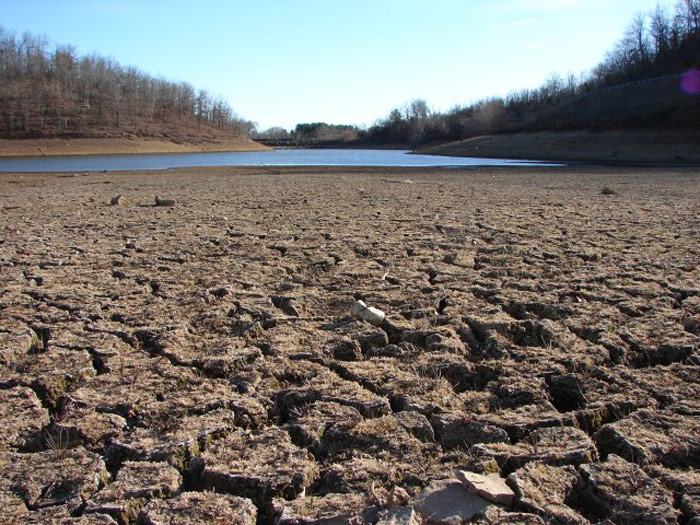
With recent rainfall in California reaching the highest levels in years, mandatory statewide water use restrictions are expected to ease considerably in the near future. On April 20, the state water board plans to conduct a public hearing on the matter. It is expected that the Board will issue a final decision on May 3 on the extent of water rationing that will go into effect this coming summer.
The conservation rules instituted in May 2015 by Governor Jerry Brown resulted in significant restrictions for water use in cities across California, including strict bans on watering lawns and the implementation of regional conservation initiatives. The goal, as articulated by the Governor, was to decrease water use by a total of 25 percent on average from 2013 levels. Water use was cut by nearly that level from June 2015 through January 2016.
But wet weather in the last few months has given rise to the possibility of relaxed conservation targets or even the elimination of conservation regulation in portions of the state that have experienced record rainfall. Ski resorts in the Lake Tahoe region have benefitted tremendously from wetter weather patterns. For example, Kirkwood experienced 440 inches of snow since the end of March – more than triple the entire amount of snowfall received last year. In Southern California however, the reservoirs have not been replenished and strict regulations are expected to persist. Rainfall in Los Angeles is at just 50 percent of historic average totals.
Water agency officials are pushing for regulation adjustment based on the individual conditions facing the various regions of California. In some water districts, official have announced that they will no longer adhere to conservation targets set forth by the state. The San Juan Water District, which allocates water to thousands of customers near Folsom Lake, announced that it would request a reduction of water use by 10 percent on a voluntary basis only.
But policymakers are advocating for a more guarded approach to revising the regulations. Several environmental groups warn that weather patterns for the upcoming year are still uncertain and that the effects of the current drought will be long-ranging. Thus, overhauling mandatory state targets should be approached cautiously.
Contact Shane Coons at 949-333-0900 or visit his website at www.ShaneCoonsLaw.com to find out more about his practice.
